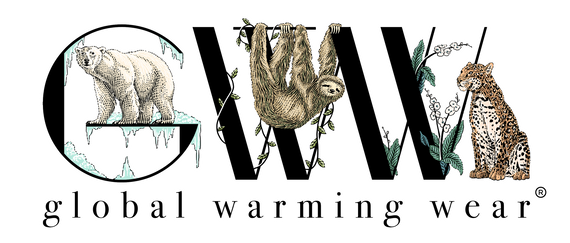Environmentalism Part X: Conservation Groups
Environmentalism, Conservation, and Sustainability:
Part X: Conservation Groups
There are organizations all over the world that help to raise environmental awareness, alongside additional efforts in concrete terms to save wildlife, and create sustainable environments.
Conservation efforts are being carried out by businesses, international organizations, and certain governments. The United Nations (UN) promotes the formation of national parks all over the world. The UN also established World Water Day, an occasion to raise awareness about water conservation and promote it.
Governments create laws that deal with how land should be used, and which areas should be set aside as parks and wildlife refuges. Governments also implement regulations to limit pollution, such as ensuring factories use emissions-control technologies. Finally, governments frequently provide financial rewards for conserving energy, utilizing green technologies, and recycling waste.
Various international groups are focused on conservation. Members participate in initiatives such as preserving rain forests, safeguarding threatened animals, and cleaning the air. The International Union for the Conservation of Nature (IUCN) is a nonprofit organization founded in 1948 by various governments and private groups. The IUCN's goal is to safeguard species and habitats. In 1980, the group put forth a global conservation plan. Many governments have implemented the IUCN model to create their own conservation policies. Furthermore, the IUCN tracks the status of many endangered species and habitats around the world.
There are many other important organizations such as the African Wildlife Foundation, the Rainforest Alliance, the Rainforest Trust, and the World Wildlife Fund that work tirelessly to save our planet, our resources, and our wildlife. They raise money and partner with individuals, companies, and governments to further the worldwide conservation effort. Various local conservation groups work to raise awareness and lobby local governments for common sense conservation practices that not only work to protect our environment but also protect livelihoods.
Zoos and botanical gardens, among other things, work to preserve animals. Many zoos breed endangered creatures in order to increase their numbers. They conduct research and educate the public about endangered species. The San Diego Zoo in California, for example, runs a number of research projects on issues such as disease control in amphibians and gorillas.
Plant scientists at the Royal Botanic Gardens, Kew in London, England, work to preserve plant life across the world. The Millennium Seed Bank of Kew, for example, collaborates with partners in 54 countries to safeguard biodiversity through seed gathering. Researchers at Kew are also looking into how DNA technology might be used to help restore damaged ecosystems.
Individuals may accomplish a lot to help save energy. Turning off lights, not wasting water, and taking the time to recycle are just a few examples. Biking and walking, when possible, will save energy, while having the added benefit of making you healthier. Carpooling, and using public transportation all help to conserve gasoline and minimize pollutants released into the environment. Individuals may use their own reusable bags at shopping malls and markets. Instead of using disposable plastic and Styrofoam containers, or buying beverages in plastic containers, people can carry their own reusable refillable containers. People may plant trees to provide homes for birds and squirrels in their gardens. Be aware though, in many dry areas, like Los Angeles, as a means to decrease water consumption, the promoted policy was to encourage the removal of water thirsty plants and trees in favor of hardscape with fewer green elements. This ill-advised plan created a thermal heating of neighborhoods, promoted water runoff, and at times increased energy consumption, being counter-productive to the intended goal.
Each of us can do our own part to build a more sustainable future, whether it is by trying to consume less and recycle more, participating in the education process to spread awareness, helping to raise money for legitimate organizations that are able to tackle large conservation projects, or by getting involved ourselves in local conservation groups that work at the local level to plant trees or clean up our beaches. Together we can make a difference.
